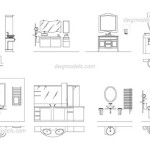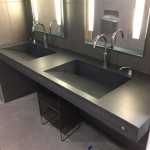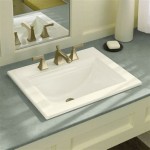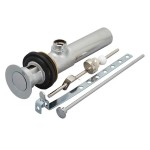Essential Aspects of Handicap Bathroom Minimum Size Regulations
Understanding the essential aspects of handicap bathroom minimum size regulations is crucial for ensuring accessibility and compliance with building codes. These regulations establish the spatial requirements and design features necessary to accommodate individuals with disabilities, promoting safety, dignity, and inclusivity.
The key aspects of handicap bathroom minimum size regulations encompass:
1. Clear Floor Space
Sufficient clear floor space is essential for wheelchair maneuverability and transfer activities. Regulations typically specify a minimum clear floor space of 60" x 60" within the bathroom and 36" x 60" in front of fixtures such as toilets and sinks.
2. Toilet Placement
Toilets in handicap bathrooms should be positioned with adequate clearances to accommodate wheelchair users. Regulations typically require a minimum clearance of 36" on either side of the toilet and 60" in front.
3. Grab Bars
Grab bars provide support and stability for individuals with mobility impairments. Regulations specify the placement, height, and strength requirements for grab bars. Typically, grab bars are installed beside the toilet, shower, and sink.
4. Shower Design
Handicap-accessible showers should incorporate features that enhance safety and accessibility. Regulations often specify a minimum shower width of 36" with a built-in bench or seat and a handheld showerhead for ease of use.
5. Sink Height and Clearance
Sinks in handicap bathrooms should be positioned at a height accessible to wheelchair users. Regulations typically require a minimum sink height of 34" with a clearance of 27" beneath the sink for knee space.
6. Doorways and Entrances
Doorways and entrances to handicap bathrooms should be designed to accommodate wheelchairs. Regulations typically specify a minimum doorway width of 32" with a clear threshold and an accessible door handle.
Conclusion
Adhering to handicap bathroom minimum size regulations is essential for creating accessible and inclusive spaces. These regulations provide the framework for designing bathrooms that empower individuals with disabilities to navigate safely and comfortably. By considering these key aspects, architects, builders, and facility managers can ensure that handicap bathrooms meet the needs of all users.

What Is The Smallest Commercial Ada Bathroom Layout

Ada Bathroom Layout Commercial Restroom Requirements And Plans

Designing Your Ada Compliant Restroom Crossfields Interiors Architecture

Ada Bathroom Layout Commercial Restroom Requirements And Plans

Minimum Size Ada Bathroom Google Search Floor Plans Restroom Design

Understanding Ada Design Requirements For Hotels Wheelchair Travel

Chapter 6 Toilet Rooms

Accessible Bathing Facilities Are Required Ada Guidelines Harbor City Supply

Pin On 1 Architectural Standards

Ada Bathroom Requirements Children S Toilet Partitions
Related Posts







